Off The Ropes: The Ron Lyle Story
I loved it. I loved it. I loved luring a guy into throwing a punch, then landing my own right hand and hurting him and dropping him. I loved it. It was the only way I was ever able to express myself.
Those familiar with the ring exploits of Ron Lyle will be surprised by these words from the one-time challenger to the heavyweight crown. In his prime, competing against arguably the most dangerous field of big men in boxing history, Ron represented a tough out for anyone, including the top talents. He famously—heartbreakingly, to his myriad Denver fans—led in the scorecards against Muhammad Ali before being stopped in round eleven. He pushed George Foreman to the brink in one of the greatest slugfests of all time. He scored a brutal knockout over one of the most feared punchers in heavyweight history in Earnie Shavers. Indeed, despite the fact he never became a world champion, no one can deny Ron Lyle could express himself in the ring just fine.
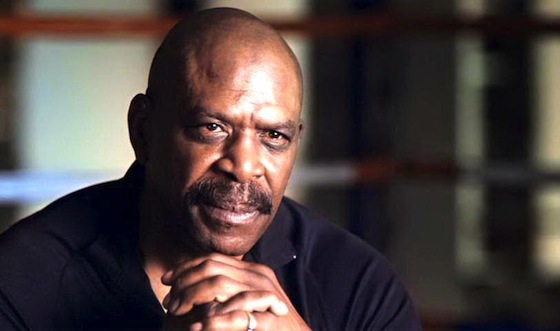
An yet, as Candace Toft’s Off the Ropes: The Ron Lyle Story makes evident, to focus on Lyle’s prizefighting career and to ignore the rest of his life story would be to miss an extraordinary tale of courage and redemption. Candace’s well-researched biography of Lyle–originally published in 2010, and re-released by Hamilcar Publications with a new foreword by Al Bernstein–is not only a worthy re-telling of one of boxing’s most inspiring personal tales, but one of the most humbling reads fight fans are likely to encounter.
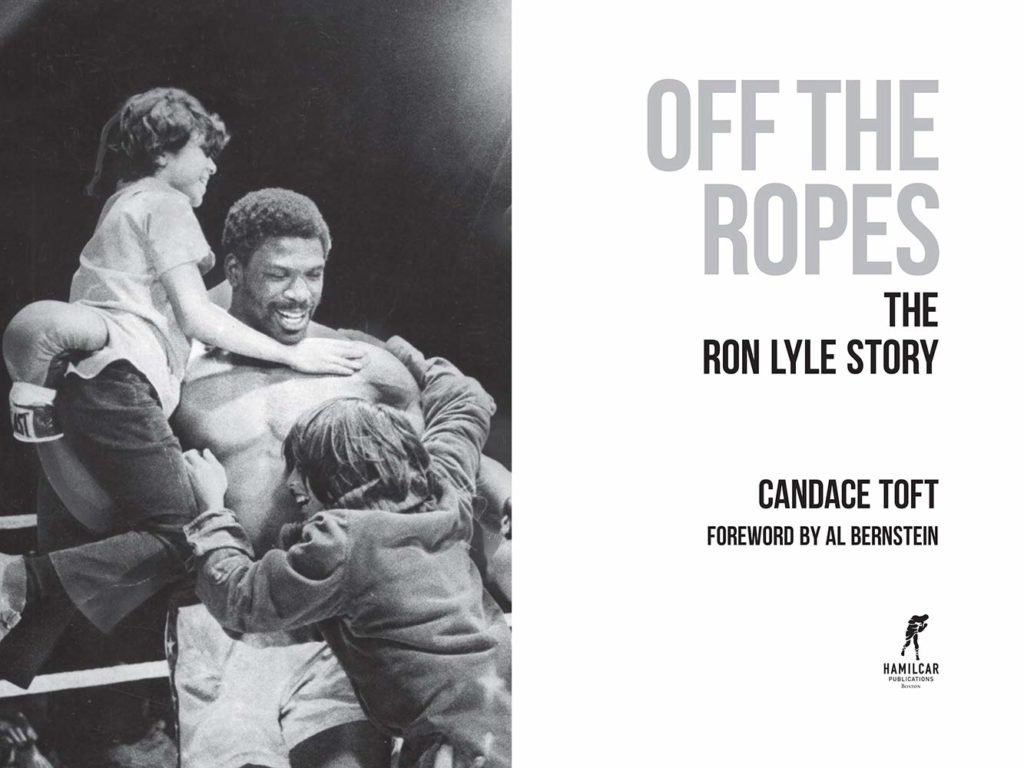
Convicted of second-degree murder at age 19, Lyle spent over 7 years in prison, and it was during his time inside the Colorado State Penitentiary that he first picked up boxing. It was also during this time that he barely survived a stabbing attack by a fellow inmate. While initially Ron faced these setbacks with detached stoicism, his attitude to challenges—to life itself—eventually evolved into a distinctly innocent sort of patience, a trait that turned Lyle himself into a beloved figure to the large majority of those who came to know him. It’s a feature that also served him well when dealing with broken relationships, a second murder conviction, and even being dispossessed of his children. It’s the sort of stuff that would break lesser men, but Lyle instead found a way to not only stay in the game, but become one of the most highly-regarded contenders in heavyweight history.
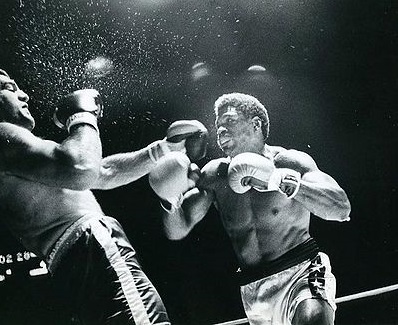
As portrayed by Toft, Lyle was as graceful and empathetic outside the ring as he was fierce and purposeful inside of it: a dichotomy that is not without precedence in boxing, but that always causes a degree of surprise. How to reconcile the man who scored knockout after vicious knockout on his way up the ranks with the man who showed a lifelong commitment to helping and guiding youngsters, not by preaching, but by listening to them? How to reconcile the man who twice felled George Foreman in a single round, with the man who would do anything he could to keep kids enrolled in his boxing program, even if it meant scrounging for kids’ footwear so his shoeless pupils wouldn’t quit? How to reconcile the man who scowled at a fallen Earnie Shavers after he bludgeoned him to the floor, with the man who wept from the heartache of being separated from his children?
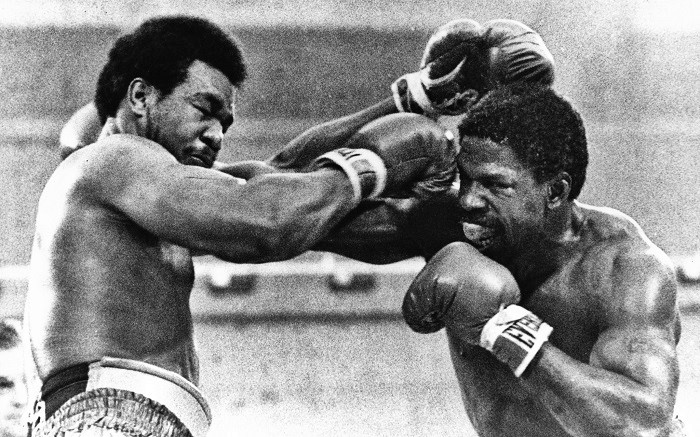
Ron Lyle himself might have provided the answer to this riddle. In retirement, looking back and pondering on the big fights he partook in, he didn’t particularly care if anyone knew how much he enjoyed the spotlight:
I loved the fight crowd. They’re the most exciting crowd I know–the high rollers. The night life. The politicians and movie stars. Business people. Street people. Ladies of the night. And they all come for one reason–to see you knocked down and pull yourself up. They want to see you put it on the line. And when you do, that’s like you telling them, ‘This is what I have to give you tonight.’

But what’s most striking in this quote is Lyle’s conviction that people come to a big fight not because of the promise of violence or entertainment, but instead to see redemption in the flesh. This might be a case of projecting on Lyle’s part what he finds appealing about the ring, but it’s also an undeniably positive outlook on the motivations of those who attend a fight. And just how strongly Ron believed in this unspoken pact is confirmed by the string of determined, fierce performances that constitute his fighting legacy: every time he stepped into the ring, Lyle gave everything he had to give.
Indeed, Lyle may have given more than most realize. Ever since that day when Lyle had a vision, while recovering from his near-fatal wound on a hospital bed, that he would one day challenge the heavyweight champion of the world, he launched himself into the enterprise with an almost unfathomable single-mindedness. His training regimen became the stuff of legends, and his determination towards his goal is further confirmed by his almost reaching the pinnacle of the sport despite getting a late start, beginning his amateur days while in prison, and having had to luck his way into finding a manager who could get him the fights he needed.

But while his unshakeable belief in his vision sustained him in training and granted him a purpose once he left prison, Ron Lyle’s infatuation with the championship of the world also carried a terrible cost. Two romantic relationships—both of which produced children—came to an end largely due to Lyle’s time away from home while preparing for his fights. Many years would pass before Lyle was able to reconnect with his children from his first marriage after his wife left him, a crushing blow for someone so endeared to children. It was an experience that would define the rest of Lyle’s life, and a painful reminder of the sacrifice he made while pursuing his boxing career.
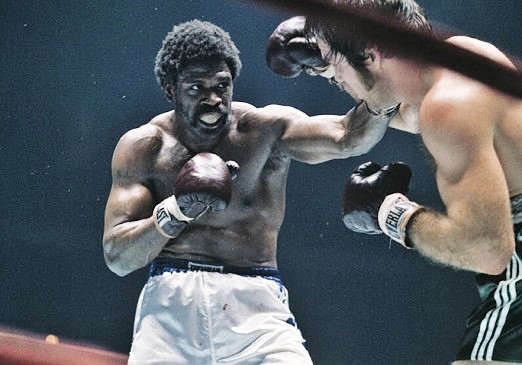
And yet, it’s still possible to find a thread that binds Ron Lyle’s life both inside and outside the ropes. If Denver’s prodigal son gave everything he had to each and every one of his ring battles, he lived no differently when away from the fight game. Off the Ropes is replete with stories that speak highly of Lyle’s dedication to those he cared about. He became not only a cornerstone of his large family, but strove to be a positive force in the lives of his fellow inmates, even years after leaving the penitentiary.

This is to say nothing of his passion for trying to help youngsters find inner strength to deal with their own hurdles. If anything, losing contact with his own children and seeing two marriages fall apart pushed him to do more for those who remained around him: “Young people find it difficult to swallow their pride. I have to somehow let them know it’s ok to show a weakness. So I let them see my weakness, and then it’s ok for them, too. I tell them boxing is the proving ground of a man’s worth, and they learn that when they have the courage to get in that ring, they are worthy.”
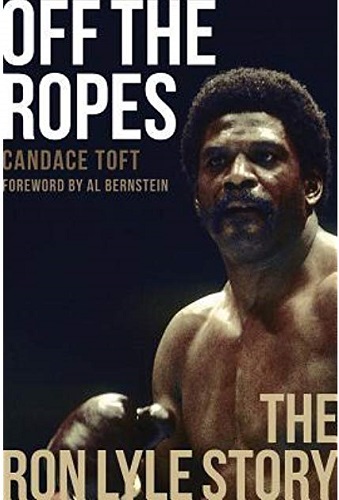
This was the guiding principle that Ron Lyle employed when interacting with youngsters at gyms and school functions. And while it’s a humble way to “give back,” it also shows an acute awareness of the fact no one has the game of life figured out in full; not kids, and certainly not adults. But what Lyle tried to teach is that we should strive to play the hands we’re dealt to the best of our abilities. Lyle himself wasn’t always dealt the best hands, but he surely always tried to make the best of them; as far as those he misplayed, the consequences followed him for the rest of his days. It’s to Lyle’s credit that he turned those misplays into hard-earned wisdom, allowing him to eventually make peace with his decisions. Toft adeptly shows this to be the legacy Ron Lyle left behind, one that stands shoulder-to-shoulder with a boxing legacy that is nothing short of remarkable.
–Rafael Garcia

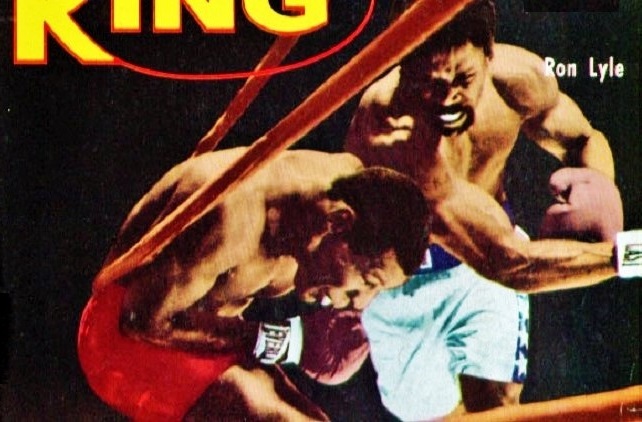

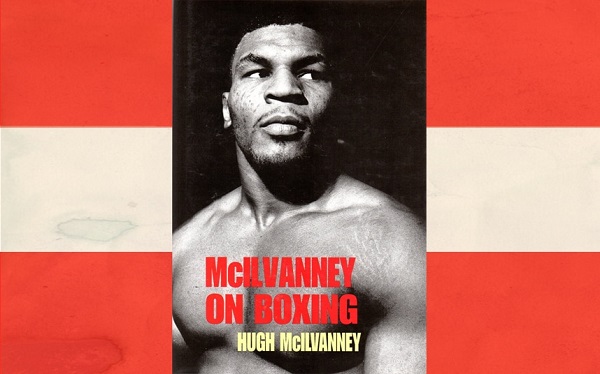
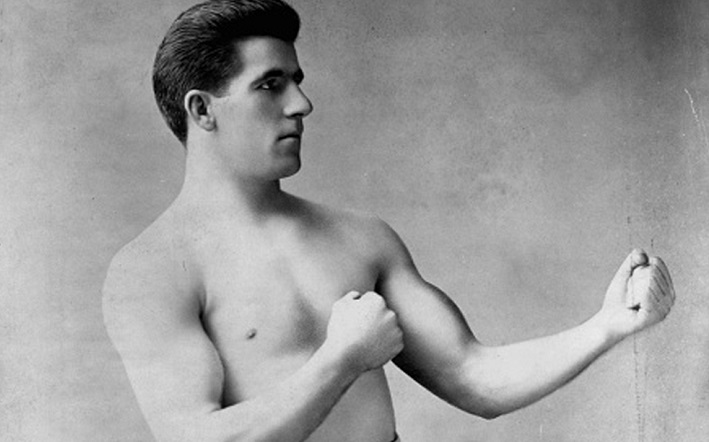

Great article, thanks.
Thank you for this well written review of a well written book detailing an inspiring fighter’s life.
I discover your articles.
Great job.
Thanks From… France